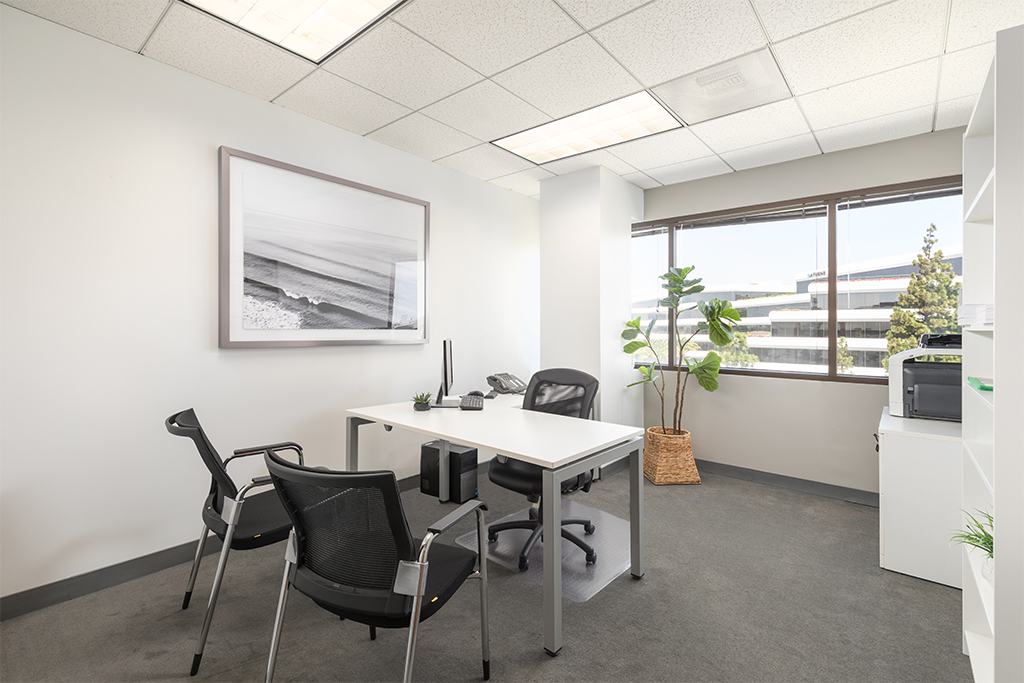- Book a Space
- Locations
- California
- Aliso Viejo
- Anaheim Hills
- Beverly Hills
- Burbank
- Calabasas
- Carlsbad
- Century City
- Cerritos
- Concord
- Culver City
- El Segundo
- Foothill Ranch
- Huntington Beach
- Irvine
- Irvine Spectrum
- Long Beach
- Los Angeles - Brentwood
- Los Angeles - Downtown
- Los Angeles - West Los Angeles
- Los Angeles - Westwood
- Manhattan Beach
- Mission Viejo
- Newport Beach
- Oakland
- Orange
- Panorama City
- Pasadena
- Rancho Cucamonga
- Rancho Santa Margarita
- San Diego - Del Mar
- San Diego - Downtown
- San Diego - La Jolla
- San Diego - Mission Valley
- San Diego - Rancho Bernardo
- San Francisco
- San Jose
- Santa Monica
- Sherman Oaks
- Temecula
- Torrance
- Westlake Village
- Woodland Hills
- Arizona
- Hawaii
- Illinois
- Nevada
- New Jersey
- New York
- North Carolina
- Ohio
- Texas
- Washington
- Washington DC
- California
- Workspaces
- About
- Contact Us
- Client Login

Basic Accounting for Small Businesses: An Entrepreneur's Guide
Among the most common types of small businesses are CPAs, and they’re lucky because they don’t have to hire anyone to do their books! What about the rest of us, like lawyers, real estate agents, and IT professionals? These are examples of just the types of small businesses that tend to use office space for rent, so they may turn to the resident CPA for help. But is it necessary? Can they handle their books on their own?
There is no one, clear-cut answer to this question, as each business is different, and each small business owner’s numbers acumen varies. One thing is for sure though: learning a little bit about accounting can be helpful.
Where should you start?
Even if you can barely remember the last time you sat inside a classroom, you’re probably still competent at adding, subtracting, multiplying, and dividing. If you’re not, your computer can do it for you.
However, accounting is more than simple math, and understanding a few of the principles of accounting can be helpful when you’re making business decisions and plans for the future.
Keep Your Business Finances Separate
One thing professional accountants tell those starting small businesses is to keep their business finances separate from their personal finances. If you have one checkbook and you’re using it to buy supplies and inventory for your business and groceries and clothes for yourself, you’ll have an accounting mess when it comes time to do your taxes.
Even if you’re starting small with a side gig selling your funky hair ties or your hand-painted shoelaces and you’re making chump change, keep a separate account. It will be easier to see how much you are spending and making with your businesses.
It doesn’t necessarily have to be a business account, for which some banks charge extra fees. In fact, you may not be allowed to open a business account if your business doesn’t have a name or isn’t registered.
If you do open one, however, take a look at Bank of America’s 10 ways to help avoid business banking and credit card fees.
Keep Good Records
Maintaining good records goes hand-in-hand with keeping separate personal and business finances.
Consider getting a separate credit card for your business purchases. Use it not just for inventory and supplies, but all your deductible expenses including meals, gas, plane tickets, hotel stays, conference fees, and little things like paper and envelopes.
Save the receipts for all these expenses. Please, don’t save them in a shoebox or on the passenger seat of your car. Consider a receipt-saving app. Online Tech Tips rates 10 popular ones for features such as accessibility, ease of use, and cost. Some receipt-tracking apps are free.
Other expenses you should save receipts for that you may be able to deduct portions of are car repairs and cell phone bills. Remember to also keep track of mileage for business trips.
If you have a home office, a portion of your mortgage might also be deductible, but the IRS rules for keeping a home office are strict, and yours may not qualify.
However, if you rent temporary office space, you can usually deduct 100 percent of this expense.

Pick One Accounting Method and Stick with It
Technically, there are probably innumerable accounting methods, which is why the term GAAP exists — Generally Accepted Accounting Principles. Once you go outside of the generally accepted methods with which most people are familiar, you’re treading into dangerous territory.
“Unconventional accounting method” became a household term during the Enron scandal of 2001. Of all the disciplines in which creativity is highly desirable, accounting is not one of them.
Basically — and conventionally — speaking, there are two main accounting methods: cash basis and accrual basis. In its simplest form, cash basis accounting means counting business transactions when they occur. For instance, if you sent a bill for $1,000 in June and your customer didn’t pay it until August, with cash accounting, you couldn’t count that money until August.
If you are using accrual basis accounting, you can count this income in June.
Each has its advantages and disadvantages. Using accrual basis accounting can help you better identify trends in your business, such as when sales are up and when they are down. It can also help you more closely align income with expenses.
However, it can also make your financial reports appear much rosier than they actually are, especially if the bill goes unpaid.
Use Business Accounting Software
PC Magazine reviewed 10 business accounting software packages and rated them based on how useful they were at 13 tasks, including handling payroll, tracking hours worked, and managing documents.
They further rated them on whether the companies provided training in how to use the software and if they offered live support.
Their favorite was Intuit, but they also gave good marks to Wave, Xero, and Freshbooks.
Expand Your Knowledge
As you may be aware, it takes four years of college and the ability to pass a state exam to become an accountant; accounting isn’t something you can do easily on your own after reading up on it online like learning to knit or finding out how to post an Instagram story.
However, you could take a basic online accounting class or enroll in a class at your local community college to help you better understand the basics.
If nothing else, the knowledge you get will make it easier for your accountant to do your taxes next April.

Once your business is up and running and growing steadily, you may want to consider moving it out of your home and looking at some office space for rent.
When you rent temporary office space, you don’t have to make a long-term commitment. You can rent for a month, a week, a day, or an hour. No big investment is necessary with Premier Workspaces. We have all the furniture and supplies any small-business owner could need. If we don’t have something you want, tell us; we’ll get it for you.
If you’re in the market for office space for rent, schedule a tour of a Premier Workspace today.
You Might Also Find These Articles Helpful
Essential Productivity Tools For Your Accounting Practice
Building A Business Budget: 3 Steps To Success

